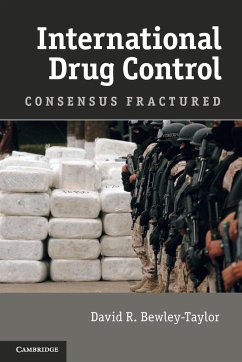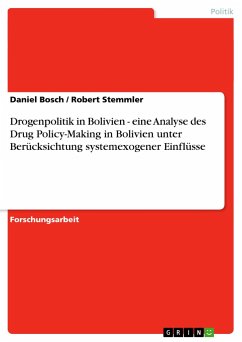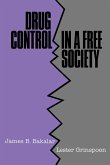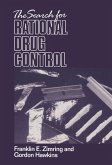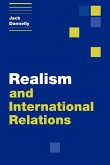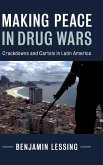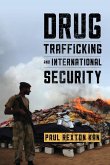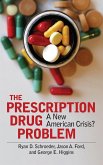There remains substantial agreement among the international community on many aspects of the contemporary UN drug control regime. However, diverging views on the non-medical and non-scientific use of a range of controlled substances make drug policy an increasingly contested and transitionary field of multinational cooperation. Employing a fine-grained and interdisciplinary approach, this book provides the first integrated analysis of the sources, manifestations and sometimes paradoxical implications of this divergence. The author develops an original explanatory framework through which to understand better the dynamic and tense intersection between policy shifts at varying levels of governance and the regime's core prohibitive norm. Highlighting the centrality of the harm reduction approach and tolerant cannabis policies to an ongoing process of regime transformation, this book examines the efforts of those actors seeking to defend the existing international control framework and explores rationales and scenarios which may lead to the international community moving beyond it.
Hinweis: Dieser Artikel kann nur an eine deutsche Lieferadresse ausgeliefert werden.
Hinweis: Dieser Artikel kann nur an eine deutsche Lieferadresse ausgeliefert werden.
'This book is the only detailed study of its kind that I know of - a fine-grained, nuanced evaluation of the contemporary politics of challenging and sustaining the global drug prohibition regime. For anyone wanting to know about international drug control politics, especially in terms of the role of the United Nations, this will be a 'must read'.' Peter Andreas, Brown University, and co-author of Policing the Globe: Criminalization and Crime Control in International Relations

